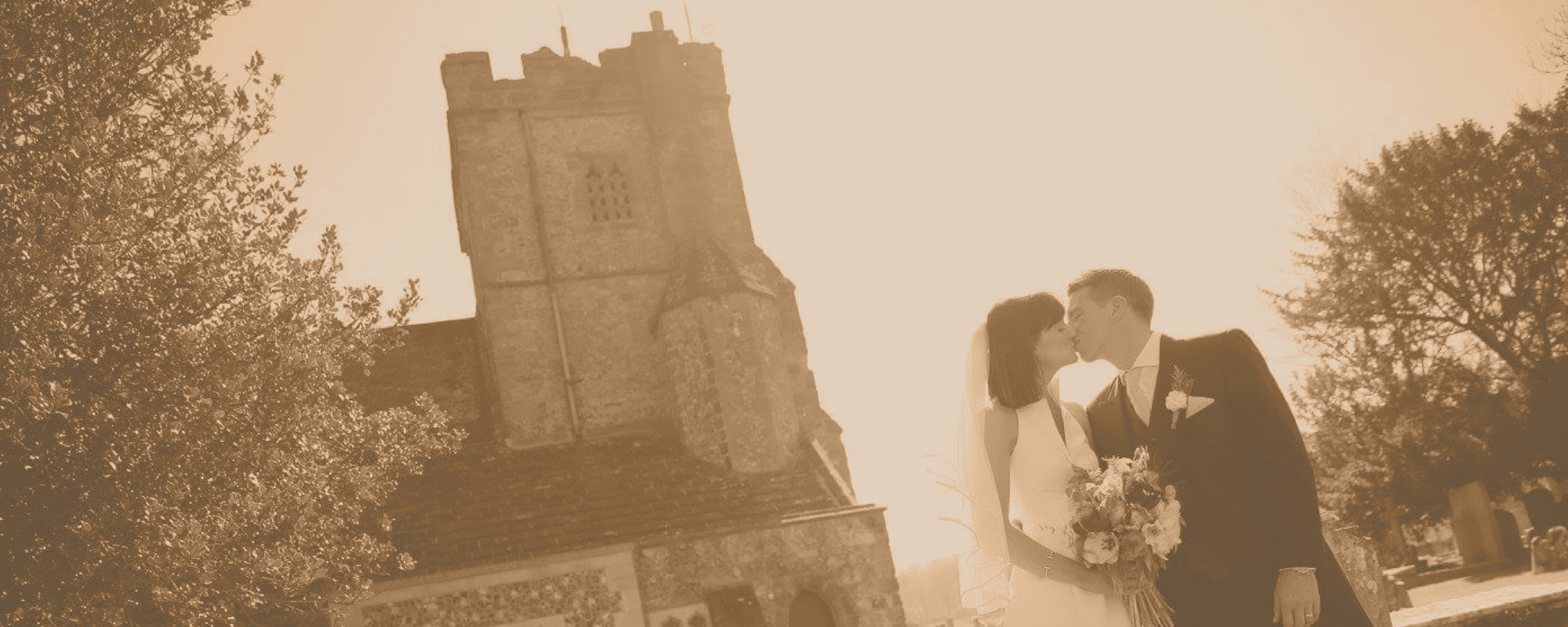A few years ago, I had an amazing dream which led me and my family to start coming to Ashington church! Fast forward seven years, and now I work in the Church Office in Ashington on Tuesdays and Thursdays, helping with the organisation and paperwork relating to what is known, in Church of England terms, as the ‘Occasional Offices’. These services happen as a ‘one-off’: for example a baptism, a wedding or a funeral. They are poignant moments in our lives where we join together before God, celebrating or remembering the precious gifts of life and love.
First off, we celebrate baptism. This happens within our Sunday services, usually once a term, as we welcome a baby, toddler or adult into the church family. We follow in the footsteps of Jesus himself who was baptised by his cousin, John. Personally, during a baptism service, I love reflecting on God the Father’s words to his precious son Jesus, during his baptism: ‘This is my Son, whom I love; with him I am well pleased.” This applies to us too! God loves each one of us as his precious children!
Marriage is the making of lifelong promises before God, friends and family, to love and cherish each other. It is also a legally binding contract! This means that there are a number of ‘qualifying criteria’ which are required, in order to be able to get married in one of the three Chanctonbury Churches. The bride or groom will either need to have been baptised or confirmed in the parish, or lived or worshipped in the parish for at least six months. You are also eligible if your parents have lived or worshipped in the parish for at least six months, or if your parents or grandparents were married in Ashington, Buncton or Washington church. There is a very useful website to check out if you are thinking of marrying in church. See www.yourchurchwedding.org.
Looking towards the end of life, a loved one who lives in the parish can either be buried or their ashes interred in the churchyards of the parish where they live. It is our privilege to steward these churchyards for generations to come. In more recent years, the Church of England regulations have changed in response to this, mostly due to space issues. Following an interment of ashes in the Garden of Remembrance, an entry into the Book of Remembrance is how loved ones are remembered, rather than a memorial stone or tablet marking their resting place, which has historically been used. Following a burial, a person continues to be remembered with a traditional memorial stone.
A lot of my job looks at Church of England laws and regulations – of which there are many! And although I do love details and the history of it all, what I love the most is the privilege of serving three communities, of journeying through life alongside people in both joy and grief, and of loving you all as best I can!
If you want to hear more about the dream I had, you are very welcome to pop by the church office and ask me in person, or ask me about anything related to the ‘occasional offices’.
Related Articles


